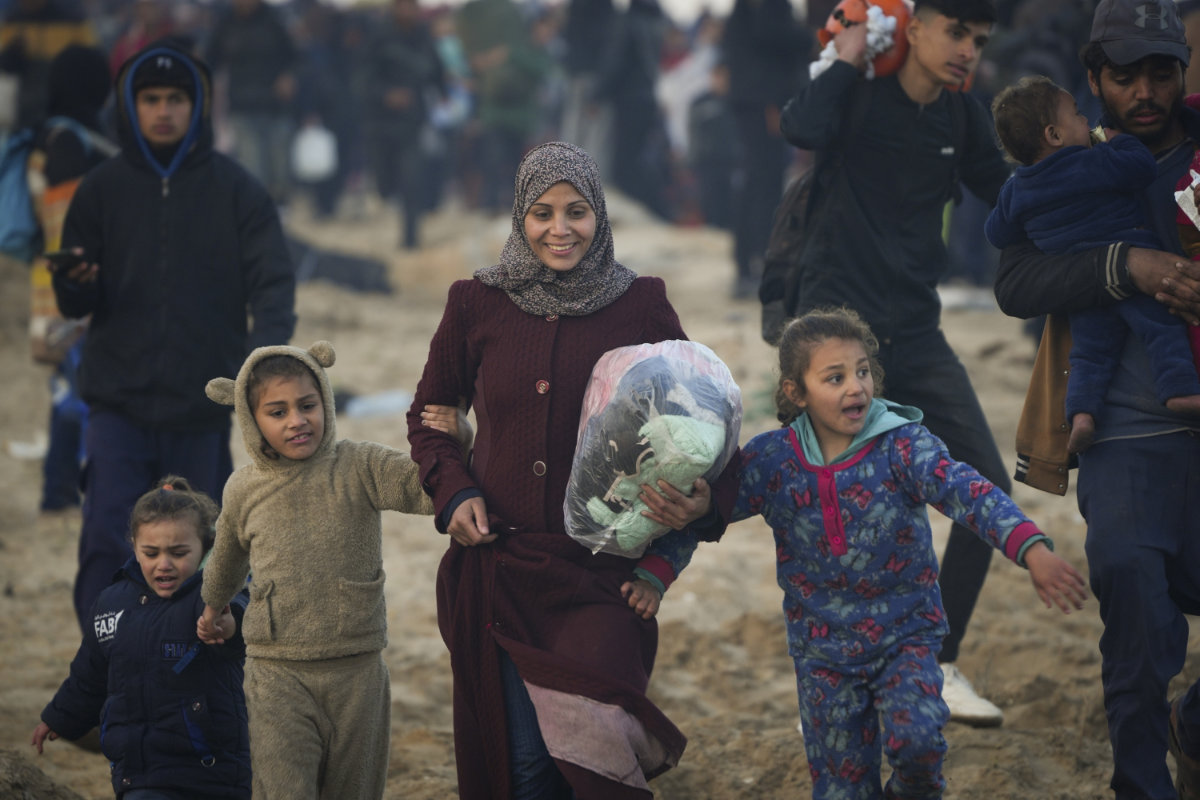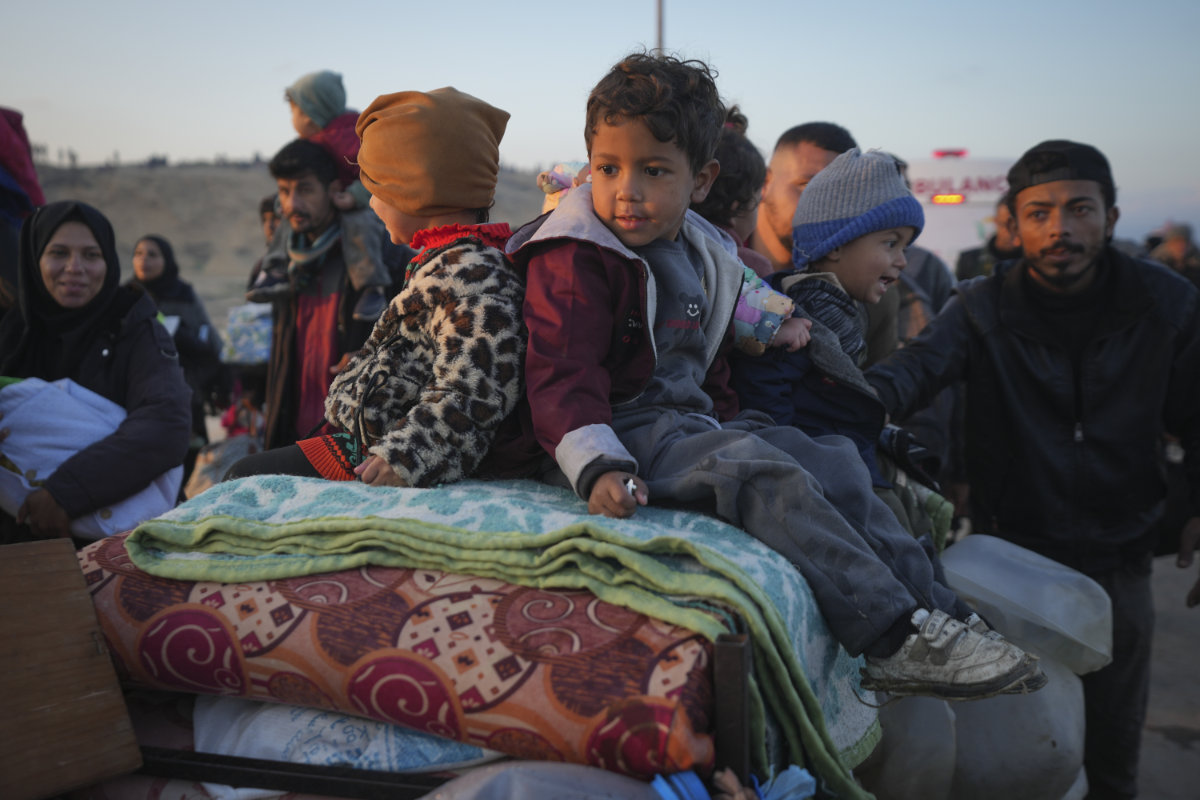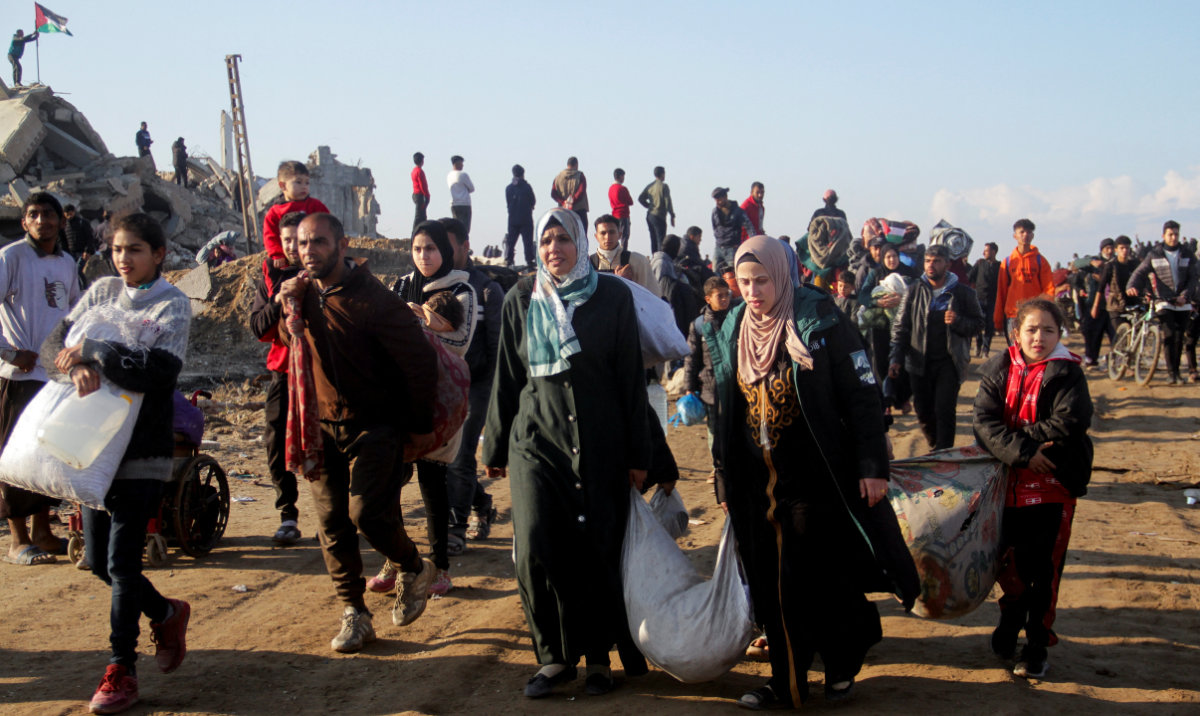VIENNA: UN nuclear watchdog chief Rafael Grossi said Sunday he had negotiated a “temporary solution” after two days of talks with Iranian officials to allow the agency to continue its inspections work in the country and allow breathing space for diplomatic negotiations on the Iranian nuclear issue.
However, he admitted that even under the new three-month arrangement, the International Atomic Energy Agency (IAEA) would not have the same level of access once a law comes into force on Tuesday limiting some inspections.
Grossi’s visit to Iran came amid stepped-up efforts between US President Joe Biden’s administration, European powers and Iran to salvage the 2015 nuclear deal that has been on the brink of collapse since Donald Trump withdrew from it and went on to impose sanctions on Iran.
Iran’s conservative-dominated parliament passed the law in December demanding the country suspend some inspections if the US failed to lift sanctions by this Sunday.
Iran had notified the UN body that if the sanctions weren’t lifted it would suspend “voluntary transparency measures” — notably inspection visits to non-nuclear sites, including military sites suspected of nuclear-related activity.
Grossi said that under the new “temporary technical understanding... there is less access, let’s face it.”
“But still we were able to retain the necessary degree of monitoring and verification work,” he added.
“What we agreed is something that is viable — it is useful to bridge this gap that we are having now, it salvages the situation now,” Grossi told reporters after landing back in Vienna.
Iran’s Foreign Minister Mohammad Javad Zarif, before meeting Grossi, signalled that the Islamic republic wanted to avoid an “impasse” over inspections, but also warned it could step further away from its commitments if Washington does not lift the sanctions.
Grossi said his hope in going to Tehran was “to stabilize a situation which was very unstable.”
“I think this technical understanding does it so that other political discussions at other levels can take place, and most importantly we can avoid a situation in which we would have been, in practical terms, flying blind,” he added.
Iran’s deputy foreign minister Abbas Araghchi said late Saturday the “IAEA’s inspection capability will be reduced by about 20-30 percent after the implementation of the parliament’s law.”
Grossi declined to give his own estimate of how much the IAEA’s inspection capability would be reduced but said that the number of inspectors in the country would not be reduced and that the agency would still be able to carry out snap inspections.
“We are not violating the JCPOA, we are implementing remedial measures foreseen in the JCPOA itself,” Zarif insisted, referring to the nuclear deal, known as the Joint Comprehensive Plan of Action.
“Once everybody implements their part and their obligations, then there will be talks, and those talks will not be about changing or adding to the agreement.”
Biden has committed to rejoin talks on Tehran’s nuclear program, in a shift away from Trump’s policy of “maximum pressure” toward the Islamic republic.
Tehran has repeatedly said it is ready to return to its nuclear commitments, on the condition Washington makes the first move by lifting the sanctions that have heaped economic pain on Iran.
Zarif said that, from Iran’s point of view, “nothing has changed,” as the Biden administration had so far followed the same Iran policy as his predecessor.
Iran’s top diplomat warned that if US sanctions are not lifted, Iran will continue scaling back its commitments under the deal it agreed in 2015 with the five UN Security Council permanent members and Germany.
The stockpile of “enriched uranium will increase,” he said, stressing that Tehran has the right within the deal to stop observing commitments “totally or partially” if the other parties fail to honor theirs.
“We are still in the partial phase,” Zarif said. “We can be total.”
The European Union’s political director, Enrique Mora, on Thursday proposed via Twitter an “informal meeting” involving Iran — and Washington accepted in principle.
Araghchi said Saturday that “we are reviewing (this) proposal” and Iran was discussing the issue with “friends and allies such as China and Russia.”































